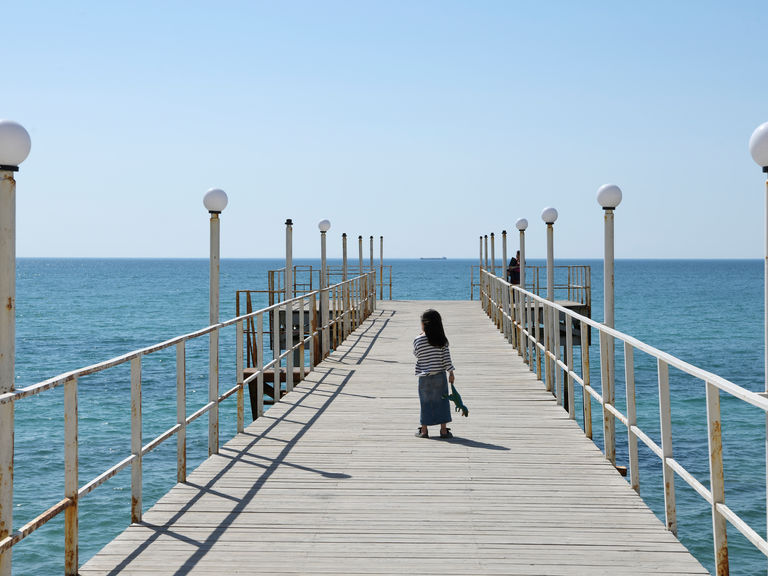Project Detail: The shrinkage of the Caspian Sea
Contest:
Swiss Storytelling Photo Grant 9th
Brand:
LuganoPhotoDays
Author:
Christian Sinibaldi
Project Info
The shrinkage of the Caspian Sea
The shrinkage of the Caspian Sea
The Caspian Sea is shrinking, at an unprecedented speed.
Touching five countries (Azerbaijan, Iran, Russia, Turkmenistan, and Kazakhstan), the Caspian is the world’s largest enclosed body of water, with a shoreline of 1,400km, but also the shallowest. Some areas are only about 4-6 meters deep.
According to a new report in the Institute of Hydrology and Ecology, which will be published at the end on 2023, it has fallen near the lowest-recorded level of -29m below sea level, recorded in 1977; the average annual level in 2023 is already below this level, and the rate of decline is accelerating: it is now at nearly 23.3 centimetres per year. In June, the local Aktau authority declared a state of emergency.
The decline is particular upsetting given the fate of the similar Aral Sea – once the fourth largest lake in the world, now barely visible on the map
The Caspian’s drop-in sea level is felt most strongly on its shallow northern coast. Kaydak and Komsomolets bays have vanished, following Mertviy (Died) Kultuk bay which was lost at the end of the last century. Habitats are becoming more susceptible to storm surges, extensive shoals are forming and the entire north-eastern coastline is shifting – since 2008 it has retreated by an average of about 42km, and 6,821 square kilometres has dried up.
The factors are both natural and anthropogenic. The main tributaries of the Caspian Sea – the Volga and the Ural, both of which originate in Russia – have lost a lot of water. Lower precipitation and higher temperatures are factors, but so too is growing water consumption due to human demand
Meanwhile, Aktau is mushrooming. Originally a small uranium mining settlement, a new nuclear power station and a desalination plant transformed the steppes into a small city; the oil and gas export industry has seen it boom even more. The limited desalination system is barely sufficient to sustain its demand for water.
Two hundred kilometres north across the steppe, meanwhile, is the small fishing village of Bautino, local fishermen have seen the conditions change – not just the shrinking sea but increased industrial production and oil extraction that have polluted the water. Ever since the large oil company has arrived in 1993, water pollution has worsened. In December 2020, the mysterious deaths of 2,500 seals made international news.
The Kazakh government is taking small steps to protect the sea. It has established a protected Northern Zone for seals and sturgeon.


















